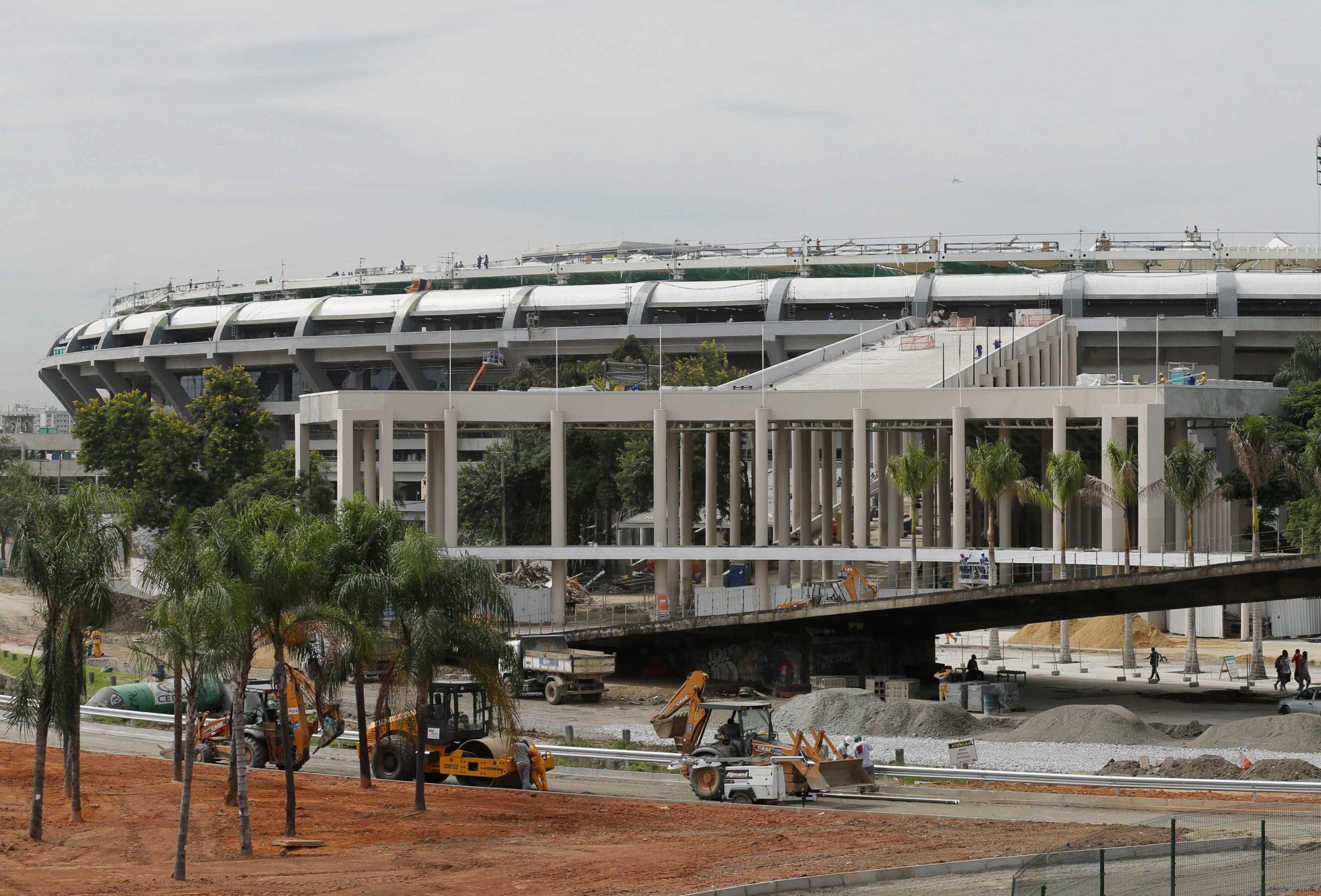Skift Take
Security is just one of Brazil’s priorities as it prepares for its global hosting responsibilities; airport infrastructure, local transit, and a sports stadium will need to be completed before visitors can even arrive.
Brazil will expand services and step up security at its airports that will see a surge in traffic in June when an estimated 335,000 soccer fans travel to attend Confederations Cup games, aviation authorities said on Thursday.
Civil Aviation Minister Wellington Moreira Franco announced a plan to increase by 77 percent the number of police, customs and immigration officials and airport workers to avoid delays at airports in the six cities hosting the games, plus Sao Paulo’s Guarulhos airport, the country’s largest connections hub.
The June 15-30 tournament is a dress-rehearsal for the 32-nation World Cup next year, which is expected to draw more than half a million soccer fans to Brazil.
The airport plan includes every aspect of air travel, from increasing the number of airplane parking slots to setting air traffic control rules to keep flights flowing on time. It even foresees more toilets at airports, Moreira Franco said.
“This is a warm-up for the World Cup,” Moreira Franco said at a news conference.
Delays in delivering the stadiums to be used in the soccer tournaments are threatening to turn the global sporting events into an international embarrassment for Brazil instead of a chance to showcase its arrival as a major economic power.
The two main Confederations Cup venues, Brasilia’s National Stadium and the iconic Maracana in Rio de Janeiro, are behind schedule two months before the tournament kicks off. The delays have raised concerns about Brazil’s ability to organize the Olympic Games in Rio de Janeiro in 2016.
Other cities staging Confederations Cup games are Belo Horizonte, Ceara, Recife and Salvador.
Brazil has been slow to upgrade its inefficient, dilapidated and overcrowded airports which could turn travel to the soccer games into a nightmare. The running of several major airports has been privatized, but work improving them will probably not be completed in time for the World Cup.
No-fly zones
Brazil has started beefing up its air defenses ahead of the World Cup to ward off the threat of a terrorist attack during the massive sporting events and during a visit by Pope Francis planned for July.
During the Confederations Cup, the Brazilian Air Force will enforce a 4-nautical mile no-fly zone over the stadiums when games are being played.
For a five-hour period only authorized military, public security and medical aircraft will be allowed to fly there.
“The air force estimates that the risk of a security incident is low, but we will have planes in the air all the time during each game, to enforce the no-fly zone,” said Colonel Ary Bertolino of the Air Force’s air navigation center (CGNA).
Editing by Mohammad Zargham. Copyright (2013) Thomson Reuters.![]()
The Daily Newsletter
Our daily coverage of the global travel industry. Written by editors and analysts from across Skift’s brands.
Have a confidential tip for Skift? Get in touch
Tags: brazil, security, sports, world cup
Photo credit: Maracana Stadium undergoes renovations for the 2014 World Cup in Rio de Janeiro April 10, 2013. Sergio Moraes / Reuters
